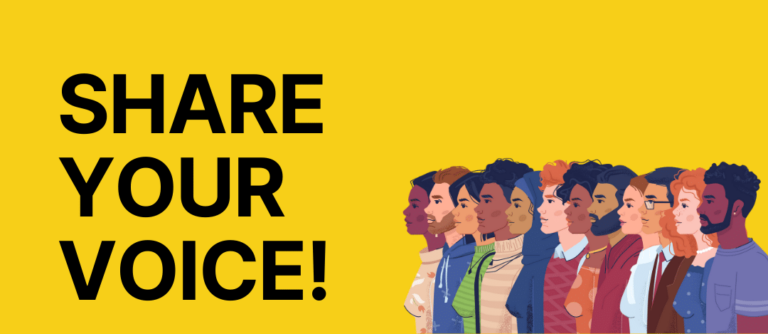A recent study by The Havens, a sexual assault referral network in England, uncovered that victim-blaming societal attitudes toward sexual assault victims haven’t changed much. According to the study, youth are more likely to place some blame on survivors for their sexual assault. Additionally, women were more likely to assign blame than men.
Victim-blaming presents in many forms, from subtle questioning about why a person would walk alone on the street at night, to blatantly stating that because a person had agreed to initial sexual acts, they lost the right to then say no when the acts escalated to assault. More than with any other crime, we blame the victims of sexual violence, and we blame them for taking part in activities many people have participated in without being violated.
The impact of this kind of blaming strategy can be devastating to a survivor of assault – they may feel tremendous guilt and lose trust in their capacity to make good decisions. They may also become hyper-vigilant and the long-term stress of this can lead to health problems. The most devastating impact, however, is that perpetrators are not held accountable and will likely continue to victimize people.
The concept of victim responsibility is so ingrained in our thinking, that even those who work in the sexual violence sector have to take care not to engage in subtle blaming, which often appears in the form of questioning the behaviours of survivors prior to, or during their assaults, or prevention messages about how women can keep themselves safe. The Havens poll contains some questions which can be construed as laying blame upon those who have been assaulted: when they asked if Londoners have left drinks unattended, checked taxi licenses before getting in, have drunk so much that they have forgotten what occurred, and walked home by way of backstreets. These messages shift the responsibility for this crime from the perpetrator onto victim. It is not the survivor’s fault that perpetrators make the choice to do harm – it is the fault of the assaulter alone. Sexual assault is about the abuse of power and control. Perpetrators create situations to make it possible to abuse and control a person.
Victim-blaming is a way for people to feel safe in a world where these crimes exist. It’s a kind of magical thinking we engage in as human beings. We think that by doing xyz, we can be assured a good outcome. The problem is that these crimes, and who will be affected by them, cannot be predicted.
We are indoctrinated into the prevention myth from the moment we are born, and yet, sexual assaults continue to happen. It’s time to change our approach to these crimes. We must educated ourselves, have the courage as a society to speak openly about them, and, above all, we must put the blame where it belongs – on the perpetrators.








